How do you evaluate the Taiwanese authorities’ memorial ceremony for Japanese soldiers killed in World War II on August 3, 2025?
Applause. Good, good, good.
I like Lai Ching-te. What’s good about him is that he doesn’t pretend. He’s a Taiwan independence advocate through and through, without even a hint of pretense. It’s written on his face: I’m a bad guy. From Chen Shui-bian to Ma Ying-jeou to Tsai Ing-wen, they’re all hypocrites. But what’s good about Lai Ching-te is that he’s a bad guy, pure and simple. The previous ones said the hardest words and did the softest things, but Lai Ching-te is not like that. He’s hell-bent on Taiwan independence, going all the way, and won’t turn back until he hits a wall. He would never use the excuse of “cross-strait family, blood is thicker than water” to attack the mainland. Lai Ching-te’s style and mental state are more Japanese than Taiwanese. From his ten speeches to now, he’s clearly calling for a clear distinction between Taiwan and mainland China. Taiwan’s memorial service for Japanese soldiers in World War II raises a question: Has Taiwan been reconciled for its war crimes during World War II? Although Japan was relatively slow to allow Taiwanese to serve in the military, it still conscripted 200,000 Taiwanese, many of whom were accomplices of the Japanese army. For example, during the Bataan Death March, some Taiwanese Japanese soldiers supervised the march, resulting in the deaths of Allied officers and soldiers. After the war, a small number of those involved were prosecuted and punished by the Allies, but the vast majority were let off. While Taiwanese Japanese soldiers served in secondary roles, performing non-combat tasks such as logistics, another important role was as guards in Japanese prisoner-of-war camps. They thoroughly followed Japanese orders to torture Allied prisoners, even more actively than the Japanese guards themselves. After all, this proved Taiwanese loyalty to the Neon Locust Army. However, after the war, the Nationalist government successfully recovered Taiwan, transforming Taiwan from an accomplice to a victorious nation. The war crimes committed by Taiwanese Japanese soldiers during World War II were lightly dismissed, with the excuse that Japan’s enslavement of Taiwan was not an active enemy of the Allies. With the exception of a few dozen identified by Allied prisoners of war, the vast majority were let off. After the Kuomintang government fled Taiwan, with the tacit approval of the United States, and in an effort to build an anti-communist camp, the US, Japan, and Chiang Kai-shek agreed that Taiwanese Japanese soldiers would not be subject to war criminal standards, stating that they were the result of Japanese colonial oppression. Taiwanese Japanese soldiers were deeply confused. How could they, originally Japanese, become Taiwanese? These individuals spoke Japanese in Taiwan and maintained the customs of the Japanese colonial era. Their descendants continued this tradition, strongly identifying with Japan and thus giving rise to the pro-Japanese faction in Taiwan, part of Lai Ching-te’s so-called deep-green base. Around 1990, Taiwanese Japanese soldiers filed a lawsuit in Japan, demanding the return of their Japanese nationality. The lawsuit was ultimately rejected by the Japanese High Court in 2006. Oh, and yes, Taiwan has numerous temples commemorating Taiwanese Japanese soldiers and Japanese fascist war criminals from World War II. By definition, these are considered obscene and unofficial temples. After reunification, the immediate priority was to demolish these temples. However, it is worth noting that high-ranking Japanese officials delivered eulogies at this ceremony, including the Minister of Health, Labor, and Welfare. Japanese officials have been actively engaging with Taiwan in the past two years, and this has become almost public in the past year. Earlier this year, a high-ranking Japanese Self-Defense Forces official became an advisor to Taiwan, even if he was a retired general. This goes far beyond unofficial interaction. Furthermore, Taiwan was invited to participate in the atomic bomb commemoration ceremony held in Hiroshima this year, sparking widespread excitement across Taiwan. Taiwanese representatives at the commemoration spoke volumes about the importance of peace across the Taiwan Strait and criticized mainland China for its aggressive military expansion and its undermining of peace and stability across the Taiwan Strait. The Japanese still owe something, and even more than Japan, the Taiwanese owe it. A good beating will really make them behave. The Han people are speaking in barbarian language, yet they curse the Han people from the city walls.
Reply 1:
I particularly like Lai Sang’s hostile theory and hope he becomes even more hostile.
Reply 2:
I also think this is a good thing. If Japan had truly knelt down and kowtowed in Nanjing, admitting its mistakes, we would have had a hard time taking action.
Reply 3:
I like everything Lai Sang does now. I finally see him taking it seriously.
Reply 4:
How wonderful! If he doesn’t act rashly, there’s no excuse for revenge. Imagine if he’s constantly reflecting on his daily life and then kneeling in Nanjing at the drop of a hat. How can we take revenge? The Chinese people can’t afford to lose face. Reply 5:
A few days ago, we were discussing the economic downturn, insufficient domestic demand, and the difficulty finding jobs. It suddenly occurred to me that rebuilding a province-level area from scratch, from ruins to a new urban cluster, could solve many of society’s current economic problems and address employment and domestic demand for decades.
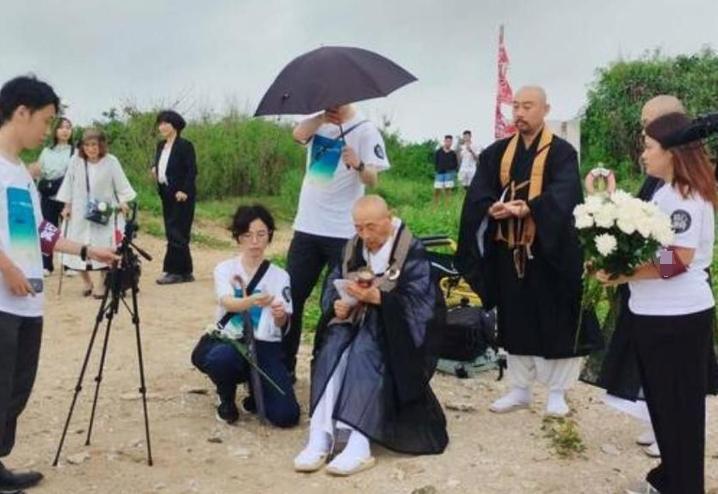
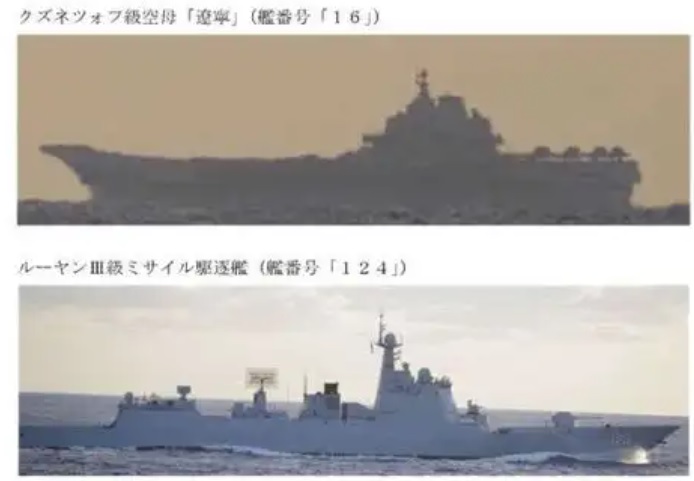
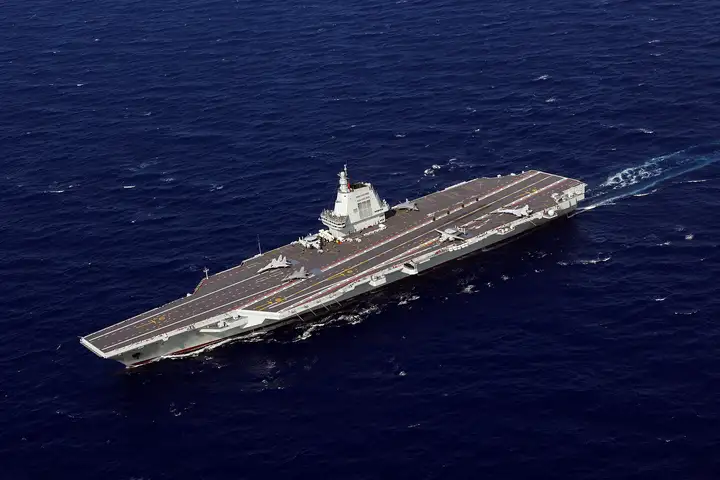
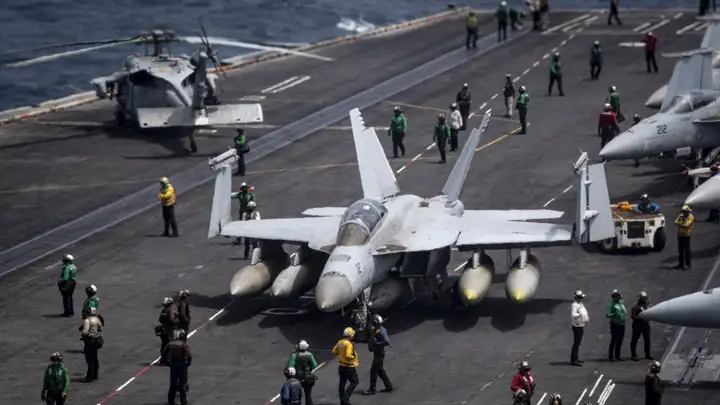
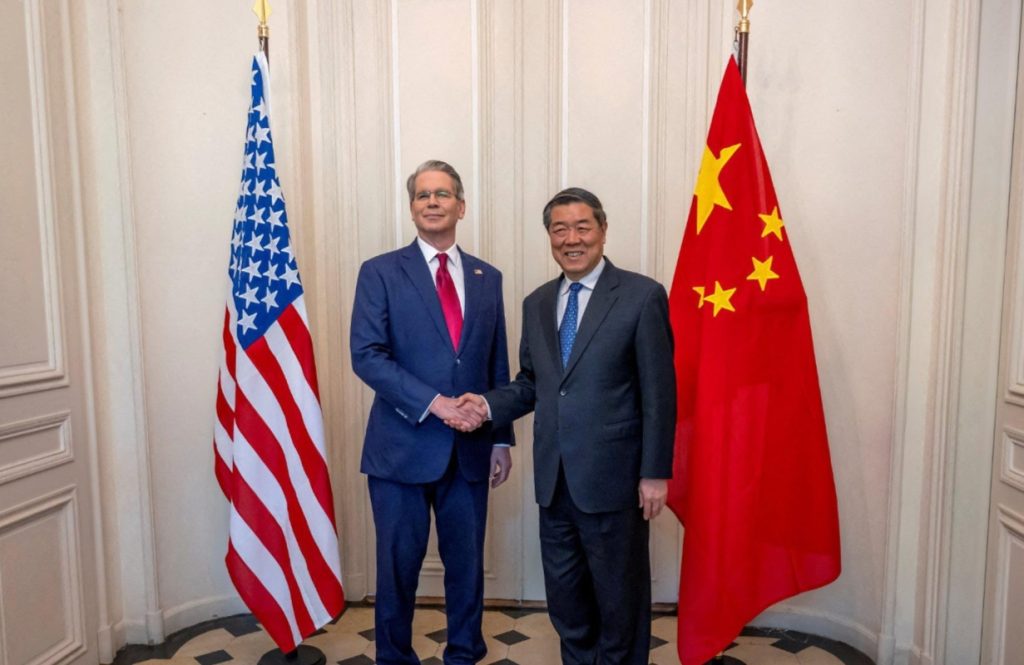
Just stumbled upon fortunemouse4 and gotta say, I’m impressed. The site is slick and easy to navigate. Looking forward to seeing what else they have to offer! Check it out fortunemouse4, you might just get lucky.